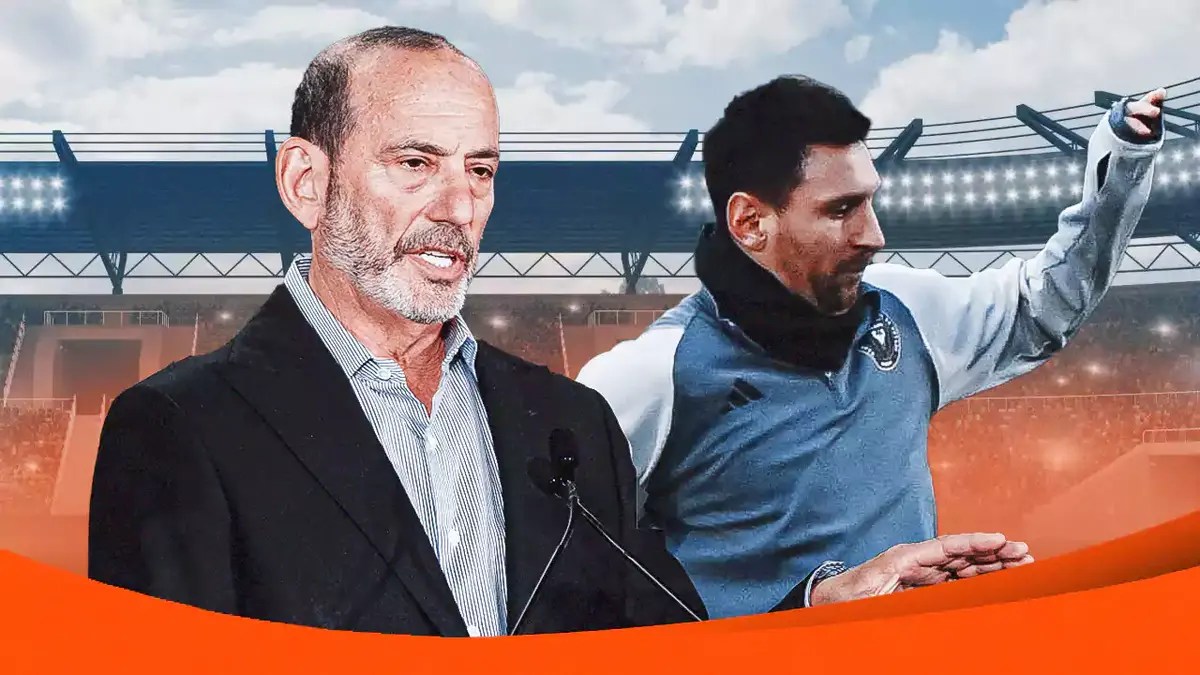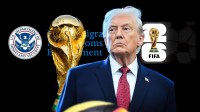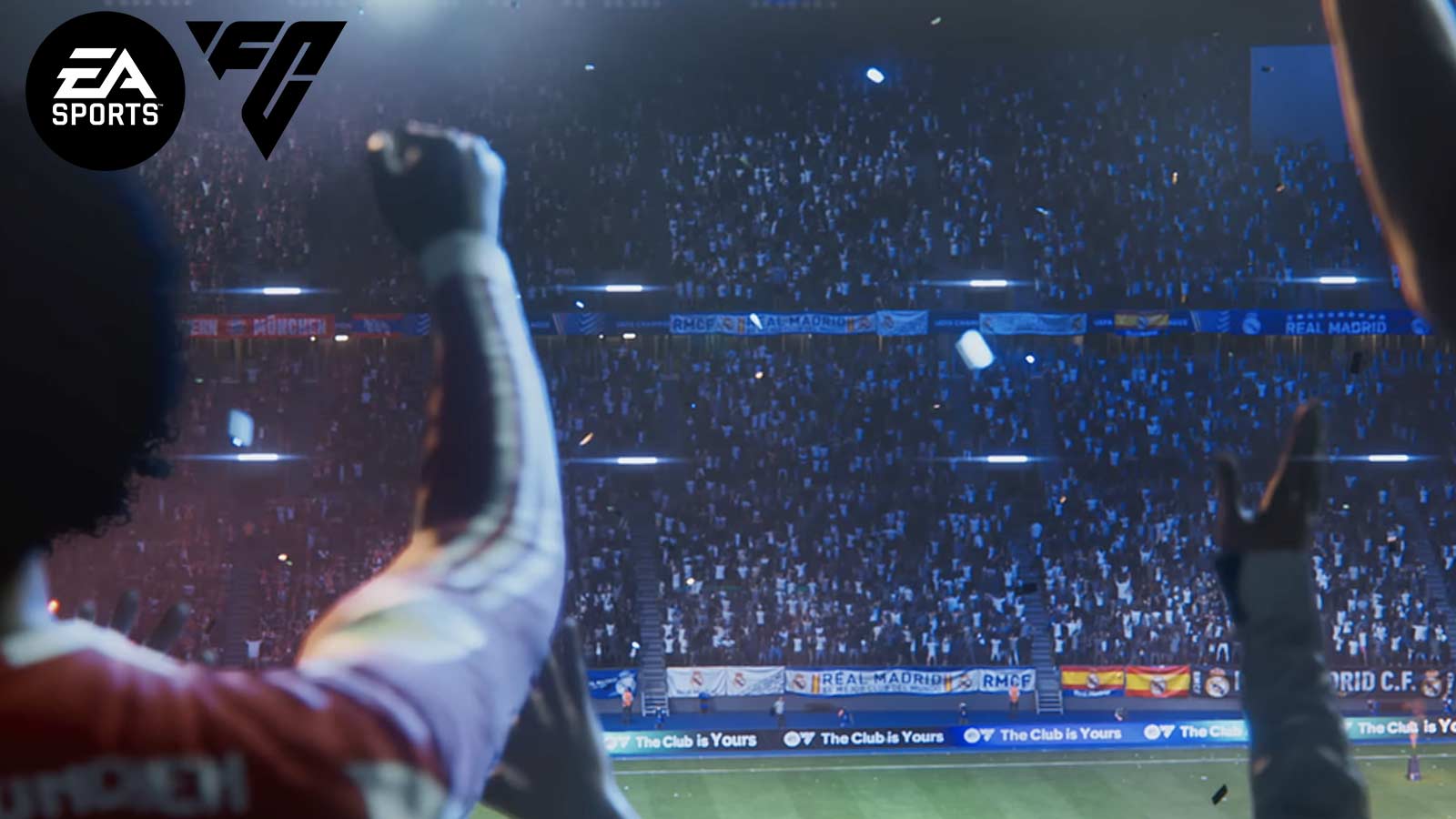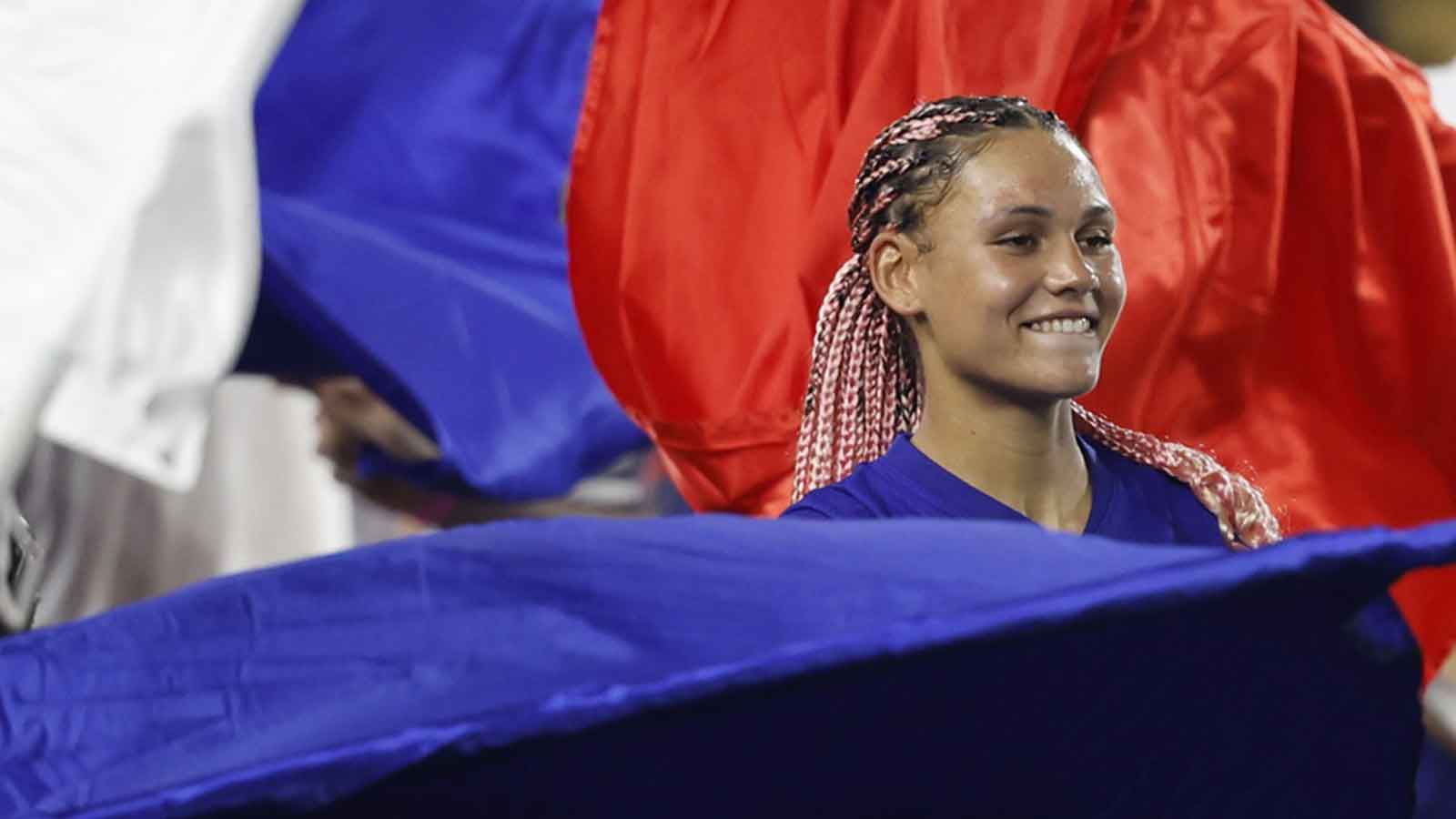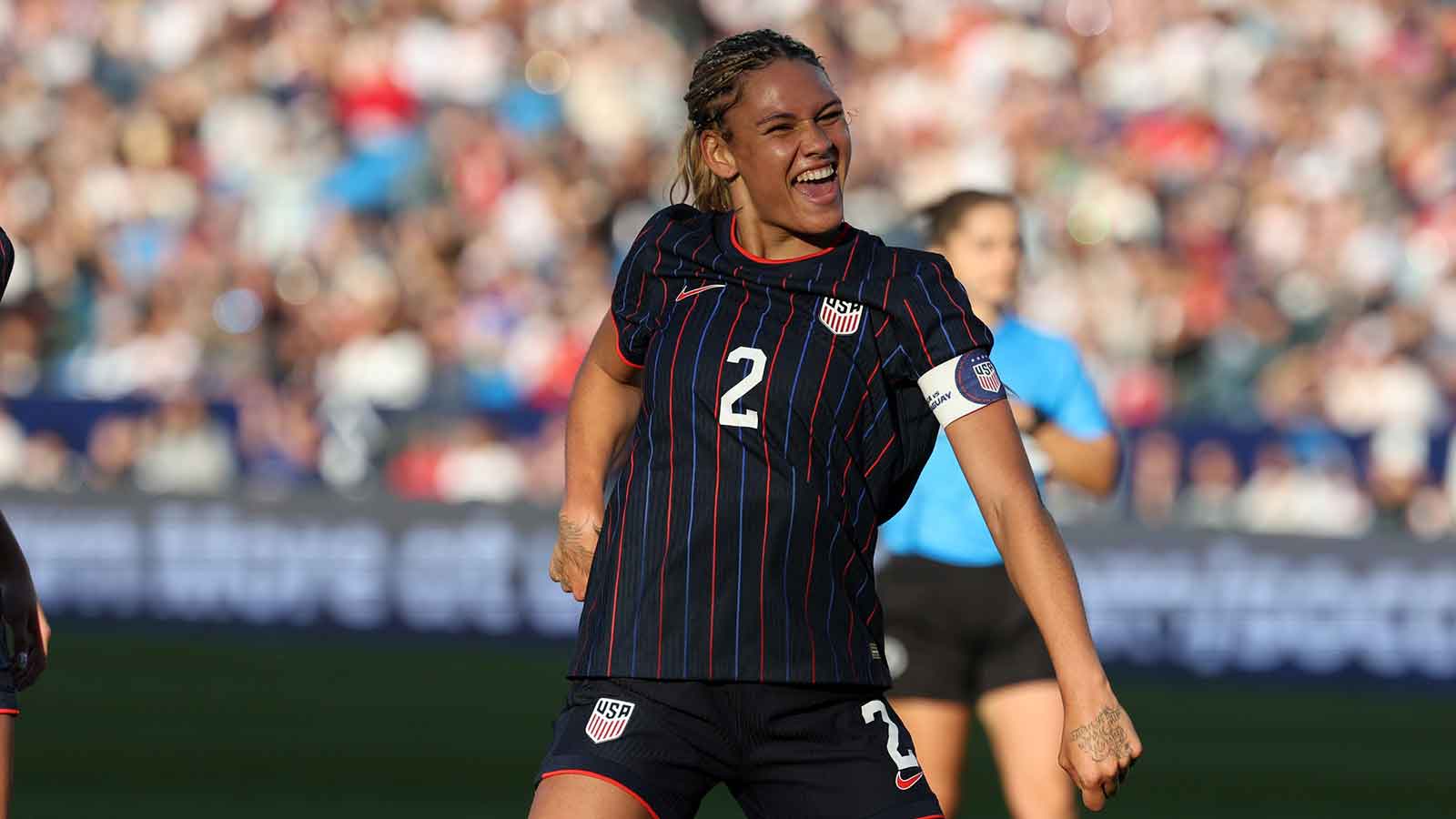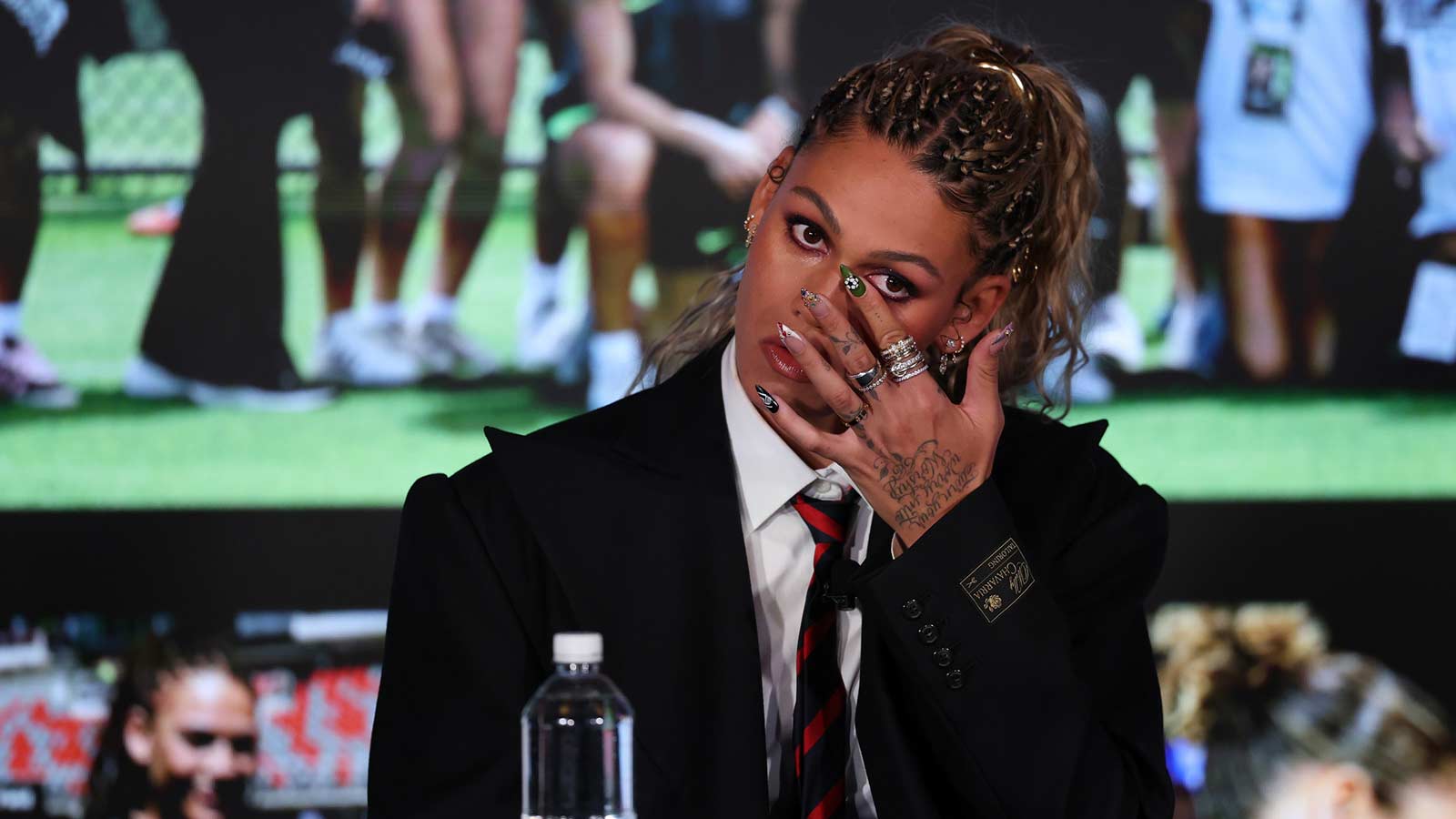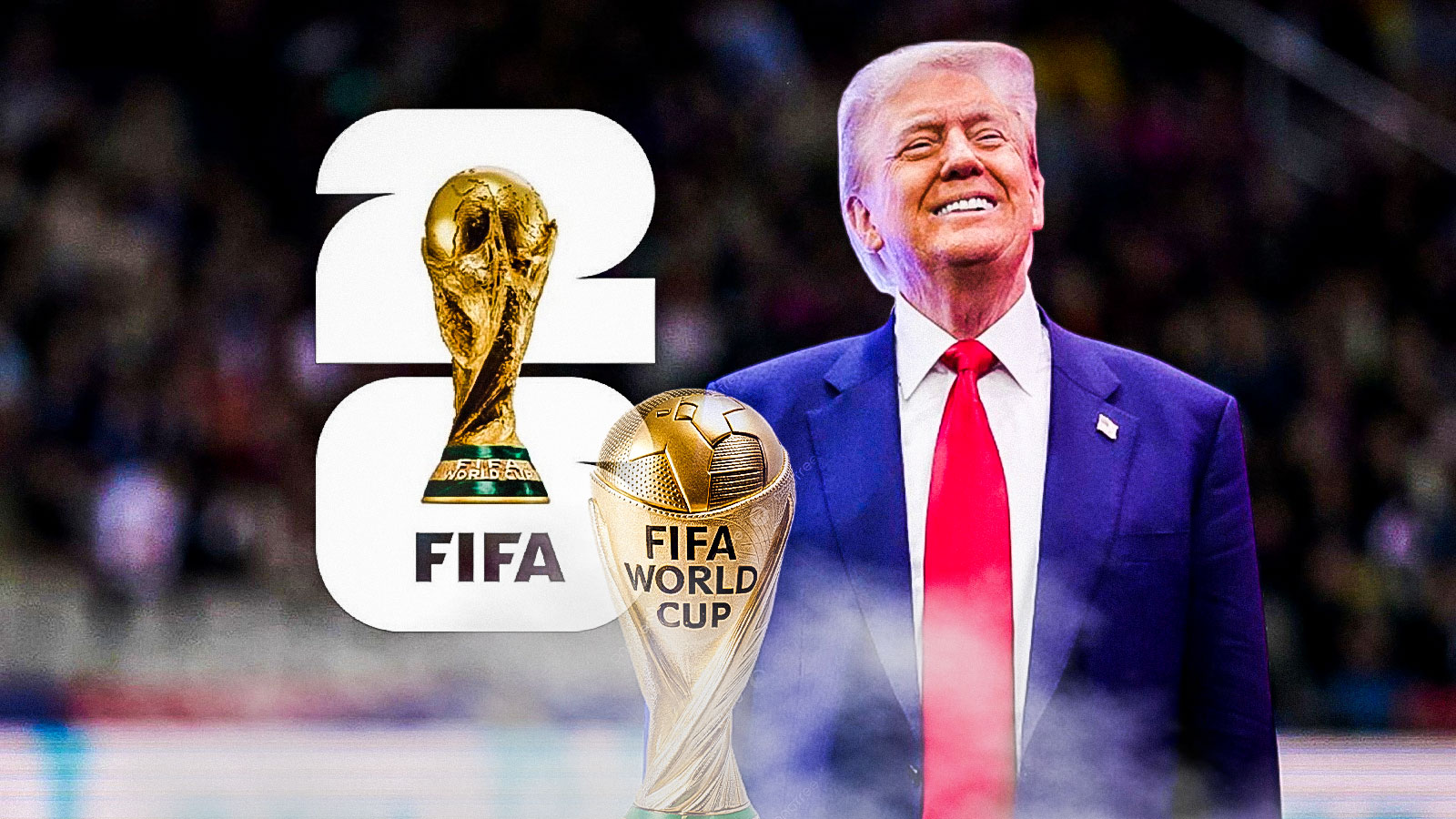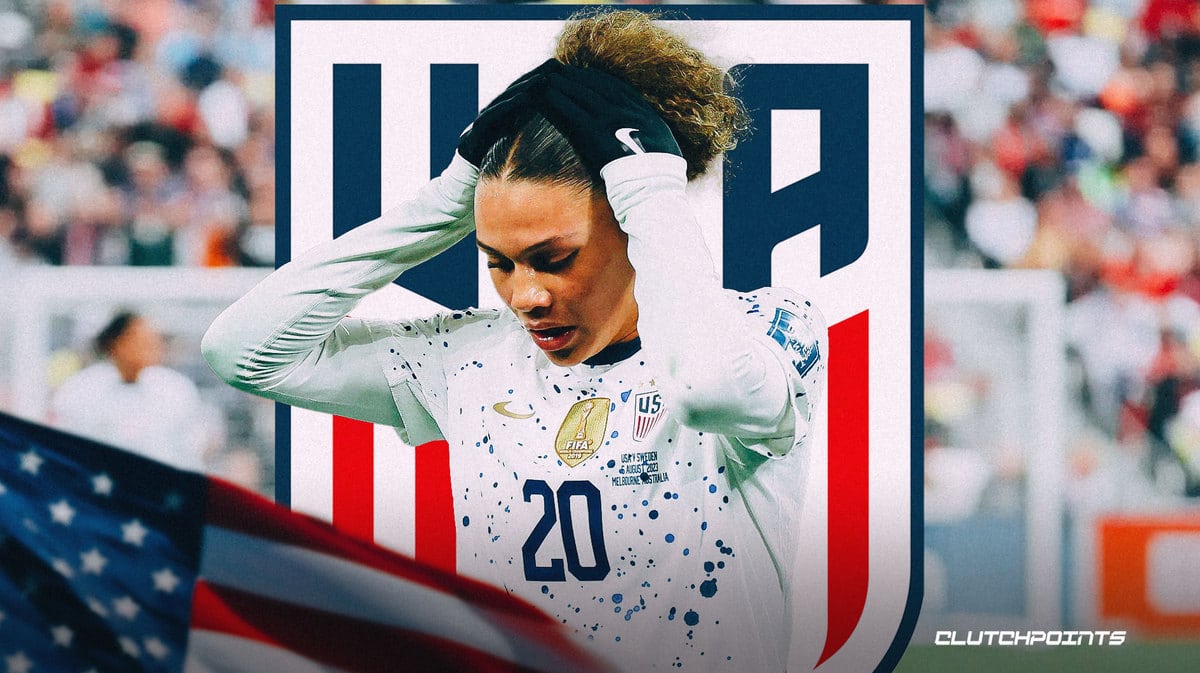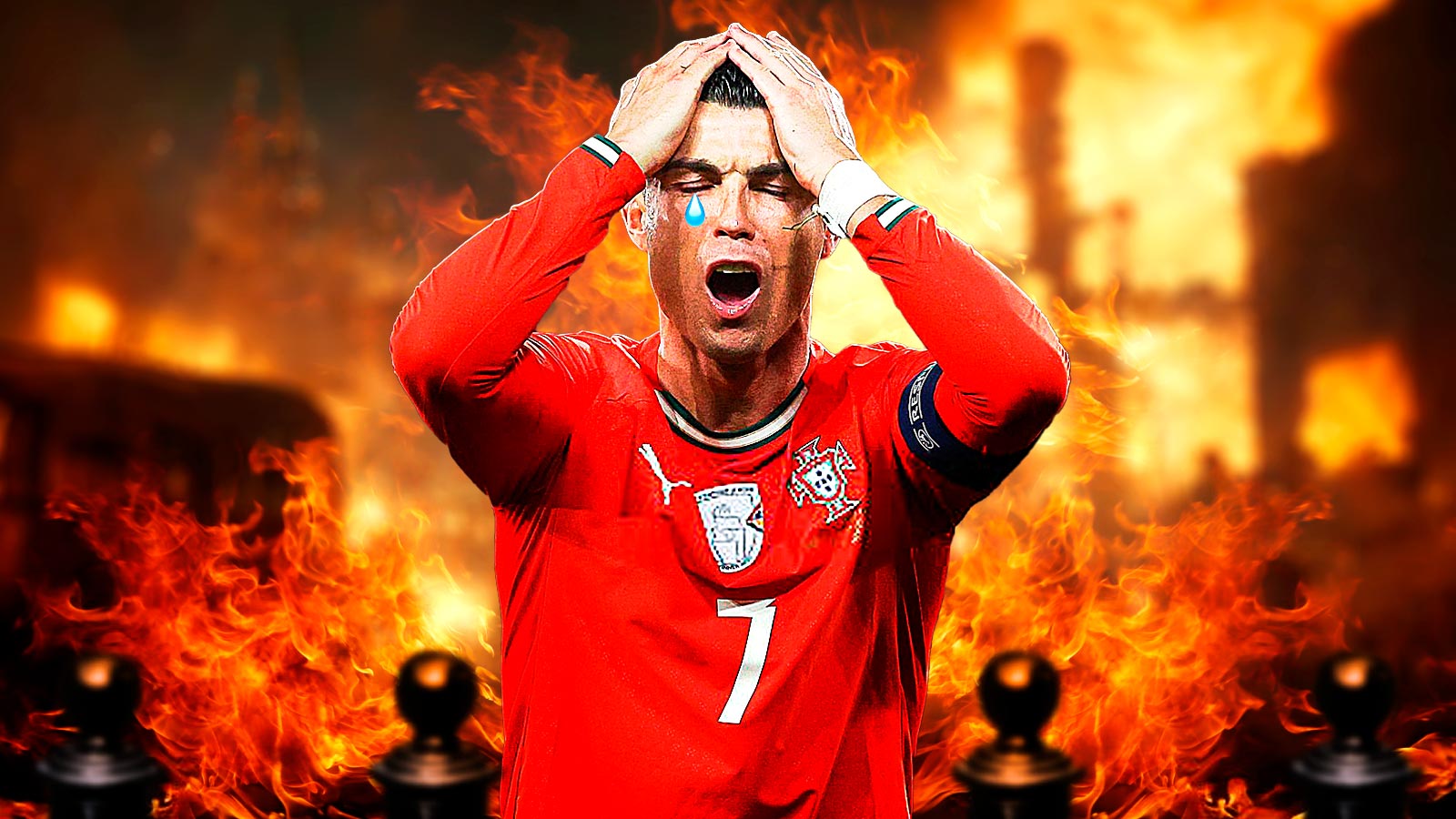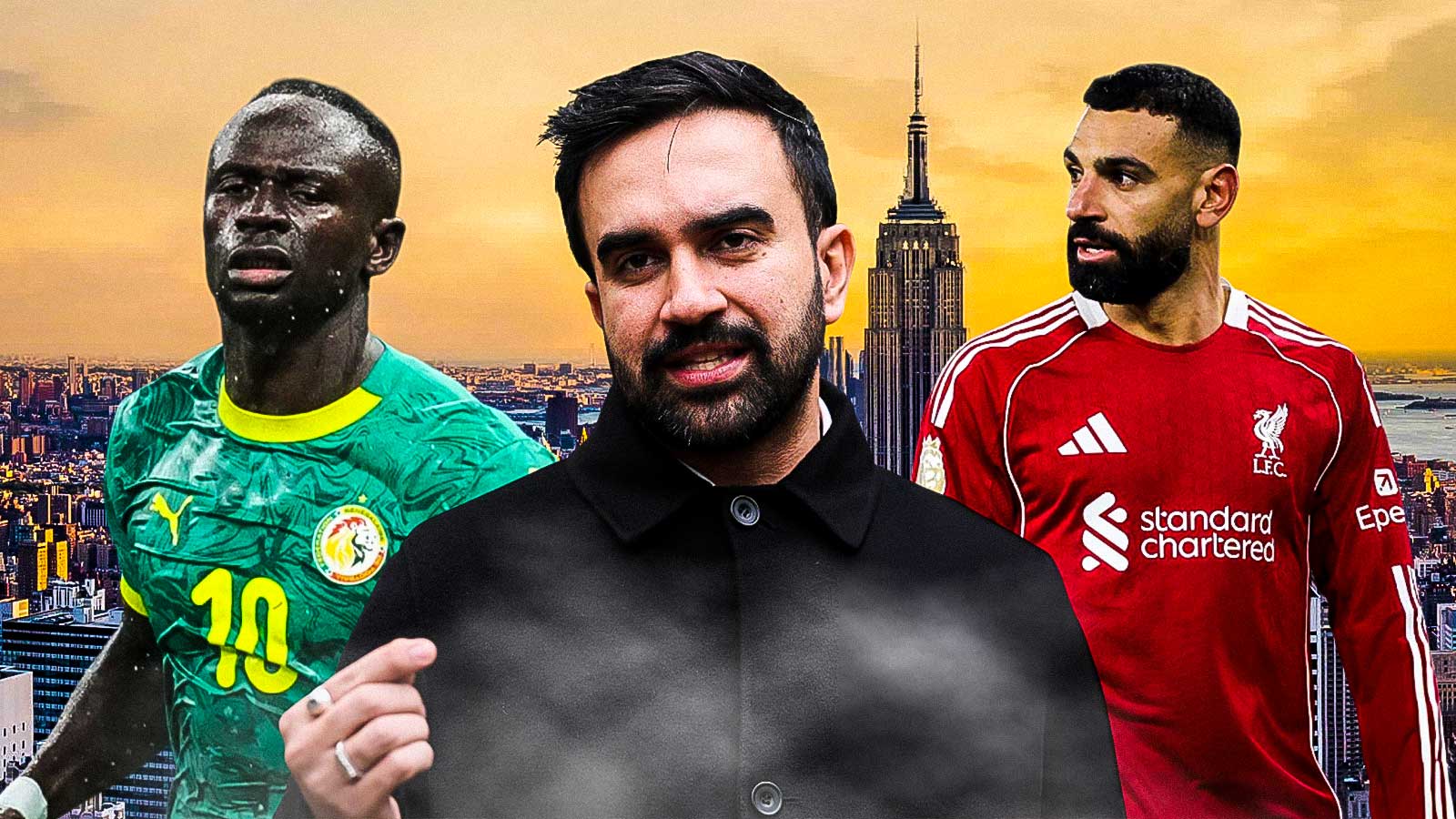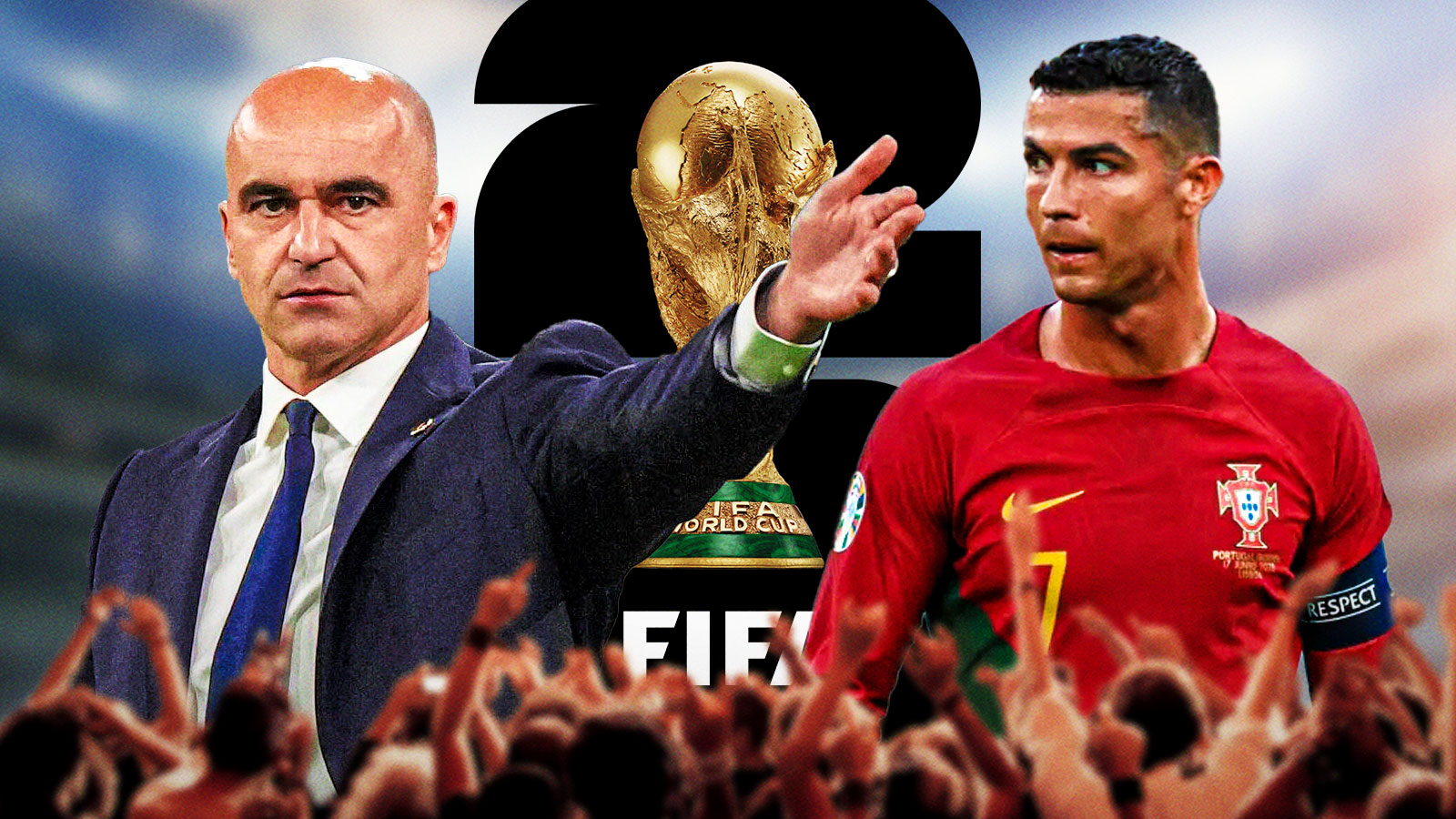The recent struggles of Lionel Messi and Inter Miami FC during their global preseason tour have ignited discussions within Major League Soccer (MLS) about the optimal timing and format of preseason preparations. While the ambitious marketing potential of such tours is undeniable, the challenges encountered by Messi's new club raise questions about the balance between commercial aspirations and competitive readiness.
Inter Miami's preseason journey saw them concede ten goals across two matches against Saudi Arabian clubs, highlighting the disparity in form and fitness between MLS and their international counterparts. Moreover, the much-anticipated meeting between Messi and Cristiano Ronaldo could have materialized, depriving fans of a marquee showdown and underscoring the unpredictability of the preseason schedule.
The decision to rest Messi due to a mild adductor injury during the tour further exacerbated concerns, leading to the cancellation of Argentina national team friendlies in China and drawing attention to the physical toll of extensive travel and fixture congestion. Messi's admission of fatigue adds another layer of complexity, emphasizing the importance of managing player workload and prioritizing fitness ahead of the upcoming MLS season and the Concacaf Champions Cup.
Despite these challenges, Miami's ambitious approach deserves recognition in a league where some clubs keep preseason activities low-key. The willingness to embrace the spotlight and engage in high-profile friendlies mirrors the marketing strategies employed by European giants for decades. However, the current MLS schedule, which runs from spring to fall, presents logistical hurdles for clubs seeking to replicate European-style preseason tours.
Advocates for aligning the MLS calendar with Europe's cite the potential benefits of a fall-to-spring season, including a transformative impact on preseason preparations. Under this model, preseason tours would occur during the summer months, allowing for greater flexibility in scheduling and minimizing the risk of fatigue and injuries ahead of crucial competitions.
Furthermore, a shift in the schedule could enable MLS clubs to capitalize on lucrative opportunities for friendlies against top European teams, leveraging the growing popularity of soccer in the United States and Canada. By hosting high-profile exhibitions during the offseason, MLS clubs could attract larger crowds and generate significant revenue while enhancing the league's global appeal.
While logistical challenges such as a winter break and scheduling adjustments would need to be addressed, the potential benefits of a schedule shift are increasingly apparent. As more international stars like Messi choose MLS as their destination, the league must carefully consider balancing commercial interests with competitive priorities, ensuring that preseason preparations contribute to the growth and success of North American soccer on the global stage.
Watch Messi live. Every club, every match, including playoffs. Subscribe now to MLS Season Pass!

